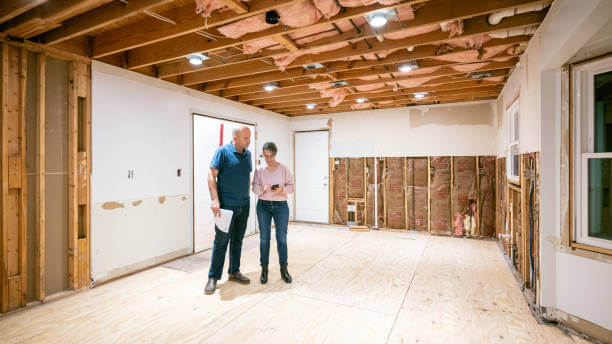Something out of the ordinary is going on in Cali that not many people who aren’t directly involved in trading are paying attention to. In everyone’s mind there are basically two financial centers in Colombia, Bogotá and Medellín, whereas a community of foreigners engaging in forex trading has been quietly thriving in Cali. The growth isn’t flashy, though it’s definitely real. Platforms are establishing local presence there, running events, and going after traders in a city that financial services have mostly ignored beyond conventional banking operations.
The shift makes sense when you look at what’s changed in Cali over the past few years. The city has a growing tech sector, younger demographics getting into freelance work, and a population that’s increasingly comfortable with digital platforms. People here aren’t waiting for traditional investment options to catch up. They’re finding their own paths, and working with a forex broker has become one of those alternatives that fits the lifestyle and economic reality of a city that’s always been a bit independent in how it approaches things.
What’s interesting is how organic the growth feels. There aren’t massive billboards or aggressive ad campaigns everywhere. Instead, it’s spreading through word of mouth, small meetups at coworking spaces, and Telegram groups where local traders share setups and market commentary. A forex broker that figures out this dynamic and shows up with actual value instead of hype tends to stick around. The ones trying to push hard with unrealistic promises get ignored pretty fast. Cali traders have gotten good at filtering out noise.
Education has been a big part of the expansion. Platforms that invested in local workshops, free webinars in Spanish, and mentorship programs found receptive audiences. People want to learn but they’re skeptical of anything that feels like a sales pitch disguised as education. The sessions that work best are the ones addressing practical questions like how to manage risk on a limited budget, how Colombian tax rules apply to trading income, or how to navigate withdrawal processes without getting hit with excessive fees. Real problems get real engagement.
The economic backdrop matters too. Cali doesn’t have the same concentration of high paying corporate jobs you find in Bogotá. For a lot of people, forex represents a way to generate income that isn’t tied to local employment markets or the peso’s volatility. It’s appealing to entrepreneurs, gig workers, and anyone who’s already operating outside traditional career paths. The flexibility of trading fits naturally into schedules that are already unconventional.
Infrastructure upgrades have made a difference. Access to better internet across more neighborhoods means that traders can participate in all neighborhoods, instead of just places with reliable broadband access at a high cost. Mobile data plans are getting cheaper and faster, which allows trading to be done by people that don’t have a purpose-built workspace at home. When a smartphone and data plan is enough to begin, the barrier is significantly lower than proposals with a major capital and physical presence..
The growth in Cali isn’t trying to compete with bigger cities. It’s building something that reflects the city’s own character, which tends to be more laid back but also more entrepreneurial in unconventional ways. Brokers expanding here aren’t treating it like a secondary market anymore. They’re recognizing that Cali traders have their own preferences, their own community dynamics, and their own approach to learning and trading. The ones adapting to that reality are the ones gaining traction while others are still wondering why their cookie cutter approach isn’t working.




